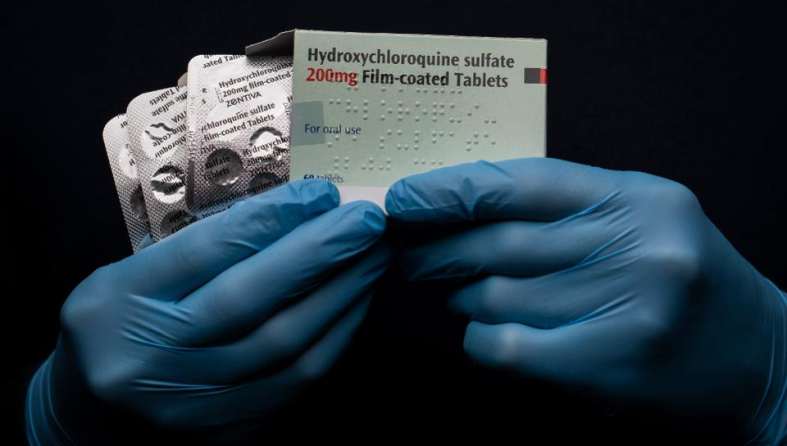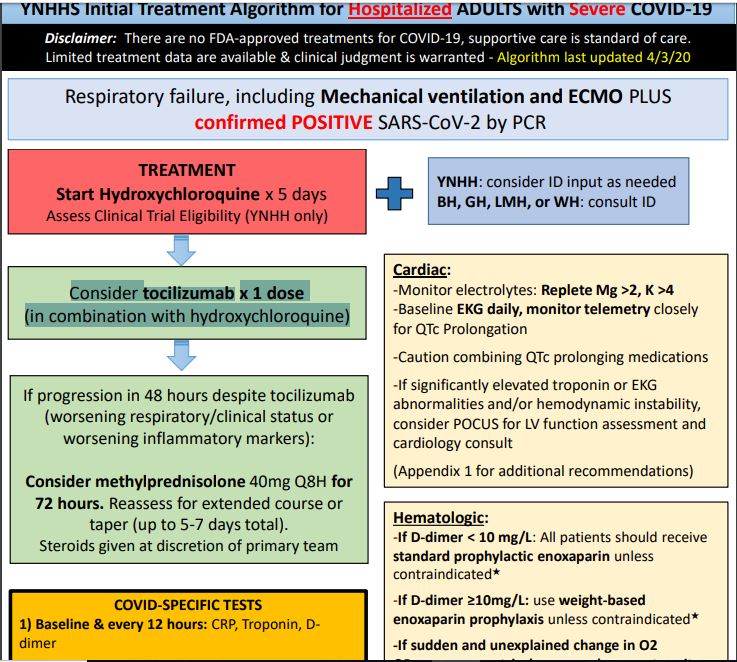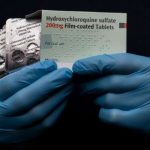Yale Medical School recommends the use of hyroxychloroquine as treatment protocol for hospitalized patient with non-severe coronoavirus (COVID-19)

With coronavirus continues to claim tens of thousands lives globally, hydroxychloroquine has now become the most most talked-about drug with some patients claiming that the drug has saved their lives. On the other side of the spectrum, skeptics say the drug is unproven and unsafe due to lack of lack of trial study and sufficient data. However, the controversy has not stopped Yale Medical School from recommending the drug to some of its COVID-19 patients.
In a 10-page document posted on its website, Yale Medical School recommends the use of hyroxychloroquine (HCQ) as treatment protocol for hospitalized patient with non-severe coronoavirus (COVID-19) for a period of 5 days followed by 1 dose of tocilizumab used in combination with hydroxychloroquine.
The document is titled: “YNHHS Initial Treatment Algorithm for Hospitalized ADULTS with Non–Severe* COVID-19.” The protocol described in the document applies to patients with respiratory failure, including Mechanical ventilation and ECMO PLUS confirmed POSITIVE SARS-CoV-2 by PCR. In a simple workflow diagram, Yale Medical School recommends HCQ for patients that fit the following criteria:
- Patient 60 years or older OR
- BMI 30 or greater OR
- Diabetes (HgbA1c > 8.0) OR
- Chronic heart disease/HTN OR
- Chronic lung disease OR
- Immunosuppressed* – Immunosuppression includes following: Cancer treatment within 1 year, the use of immunosuppressive drugs (biologics, chronic prednisone ≥20mg daily), solid organ transplant, bone marrow transplantation, HIV/AIDS (regardless of CD4 count), leukemia, lymphoma, SLE, and vasculitis.

Credit: Yale Medical School
In addition to HCQ, the school also recomends Tocilizumab10-13 (Actemra), a drug Italian doctors said to be more effective than hydroxychloroquine.





